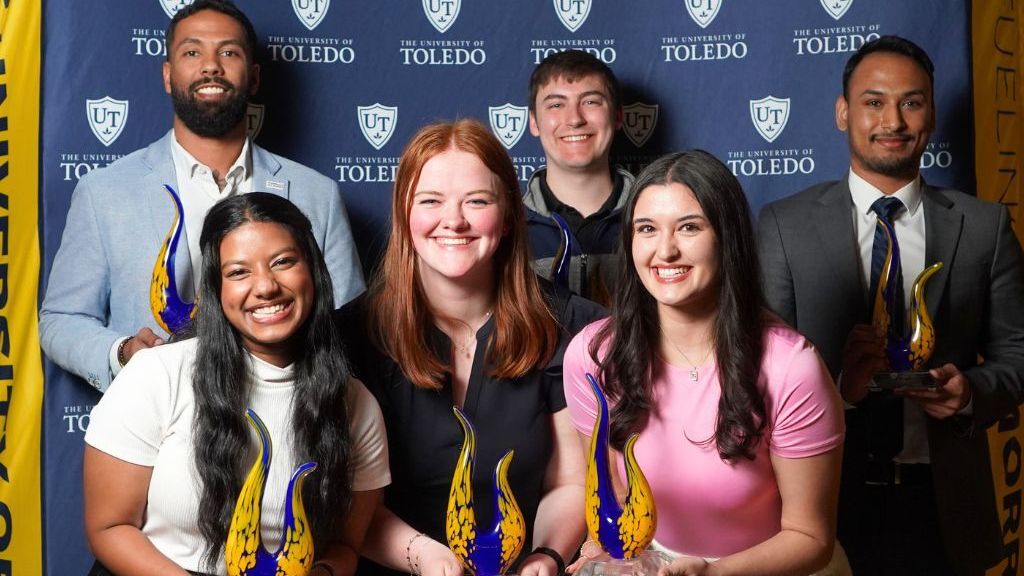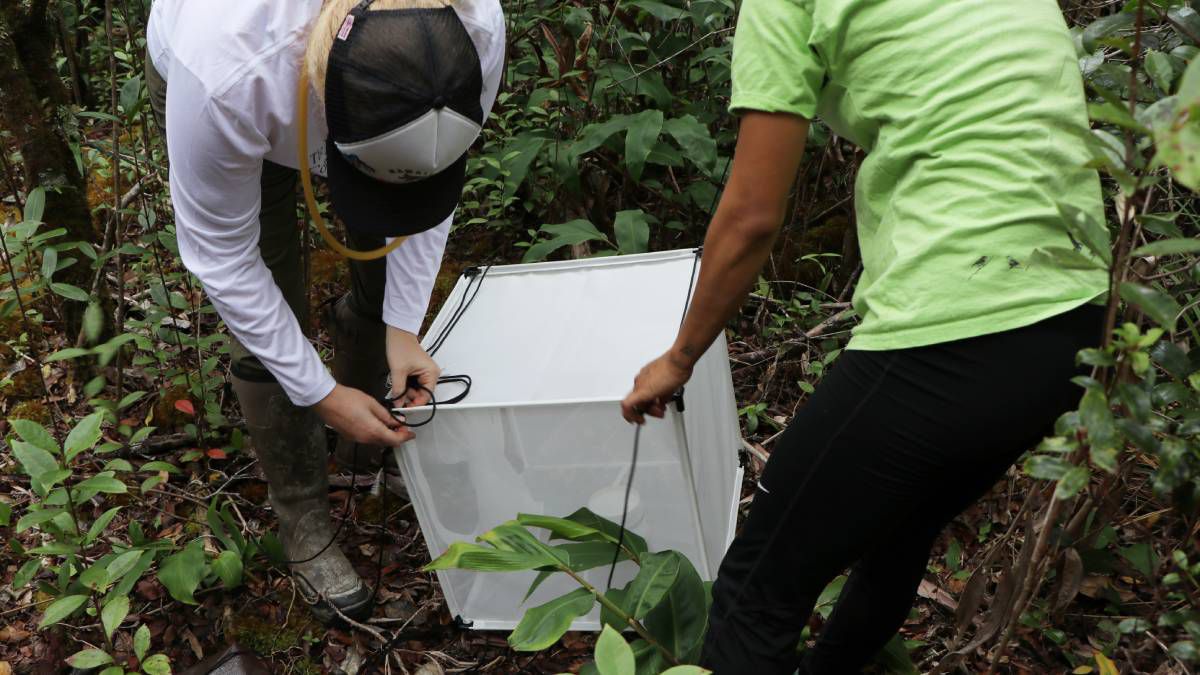CLEVELAND — Since its selection as host of The World Cup, both Qatar and FIFA have come under fire.
Groups like Amnesty International have raised red flags about Qatar's human rights record, labor and migrant workers' issues and its abuse of LGBTQ people. Human Rights Watch points to Qatar's male guardianship system, which denies women the right to make key decisions for themselves, leaving many to question if the country is fit to host such a mega-sports event.
“If we just look at the cost of hosting the Games, it's $220 billion, which completely dwarfs the previous high of about $15 billion,” said Adam Beissel, the assistant professor of Sport Leadership and Management at Miami University. “And so it's quite clear that as a country, and perhaps even as a region, that Qatar was not suited to host an international sport mega event like the FIFA World Cup and so the question is, well, 'Why? What's in it for them?'”
FIFA expects the month-long international soccer competition to draw billions of viewers. The last World Cup, hosted by Russia, another controversial host nation, attracted 3.5 billion viewers across the world. Beissel said the controversy in Qatar has brought to light the term “Sportwashing,” a term many are hearing for the first time.
It has also received significant attention because of the rise of the Saudi Arabia sponsored LIV Golf. Sportswashing is defined as an attempt to distract from, minimize, or normalize wrongdoing through engagement in sport. The word itself is relatively new, but the concept dates back almost a century.
“We can go back to Italy in 1934 and Mussolini's hosting of the World Cup was an attempt to legitimize his fascist regime," Beissel said. "And two years later, we can look at the Olympic Games in Berlin, and the ways in which Hitler used the Olympics as a tool for propaganda. So what we're seeing (in) Qatar is really nothing new in terms of the ways in which international sport is used to advance support internally and externally, for political regimes of power.”
Beissel said it's about distraction; rather than people thinking about workers’ rights when they think of Qatar, they will think about the World Cup.
Other events accused of sportswashing include the 1978 World Cup in Argentina and the 2018 Russia World Cup. But Beissel said a more troubling concern arises when we think about what is not labelled sportswashing. Conversations on social media are drawing attention to how people in the West started heavily talking about "sportswashing" when the focus was on a Muslim country.
Beissel points out that all governments have their faults and said it will be interesting to see if the United States, Canada and Mexico will face similar scrutiny when they host the World Cup in 2026.
“If we look at the United States, there are migration system issues, there are issues of the treatment of women and the controlling of their bodies, anti-trans bills, we have a series of issues with human rights in our own country,” Beissel said. “And so I'll be curious to see whether or not this discourse that's emerged around sportswashing is used to critique the issues that are facing all three nations in North America.”
He said people should use this term as an opportunity to critically reflect and help make all societies better, more inclusive and more socially just. He said if you’re upset with what’s going on in Qatar there are many organizations you can join and support, including Amnesty International and Human Rights Watch.
“I challenge everyone to continue focusing on them after the World Cup, because the systems and the structures are not going to go away," he said. "The stadiums are largely going to either be a demolished or go into a state of really a lack of use, or in some cases disrepair. And so the question is, how can we, once the world moves on from this event, continue to focus on the human rights issues and abuses that were in place to deliver the event? And hopefully try and bring some form of transformative change in Qatar after the event has concluded? And I would even go a step further and suggest it's also perhaps a way to encourage individuals to look within their own national borders, and to try and bring about a more socially just, a more equal, more humanistic society in the countries that they're from.”










